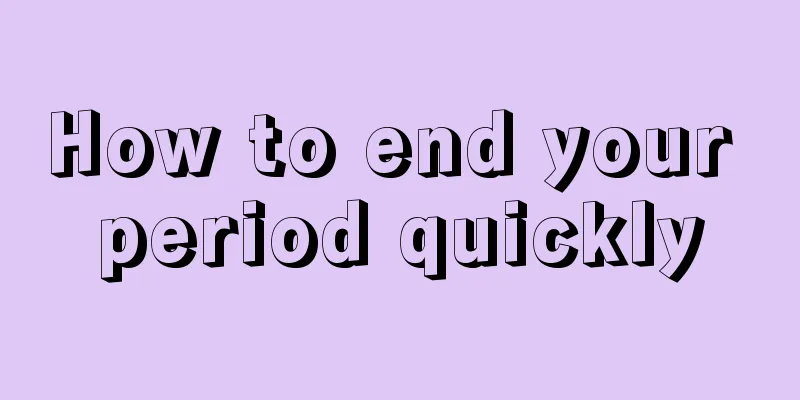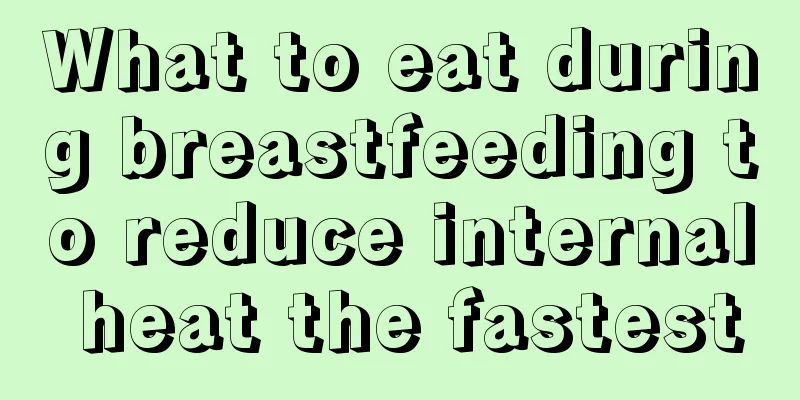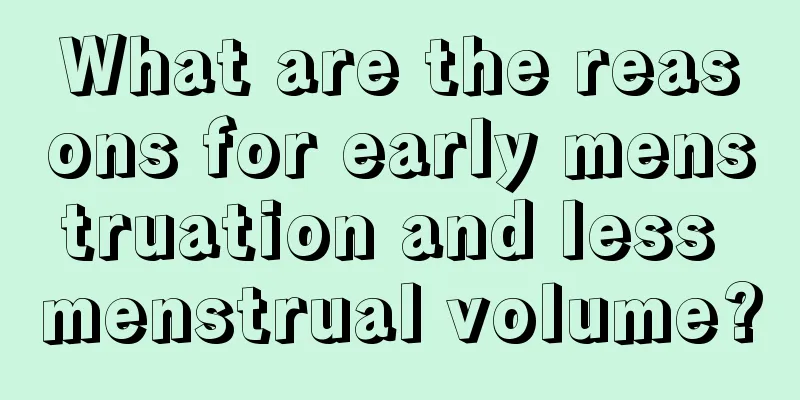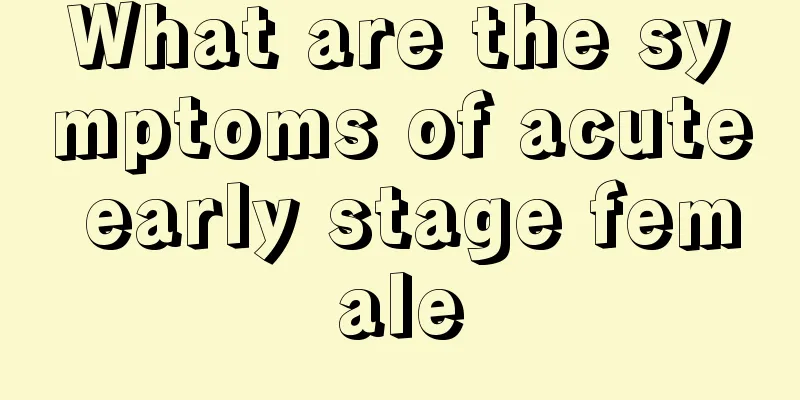Lower abdominal pain during menopause
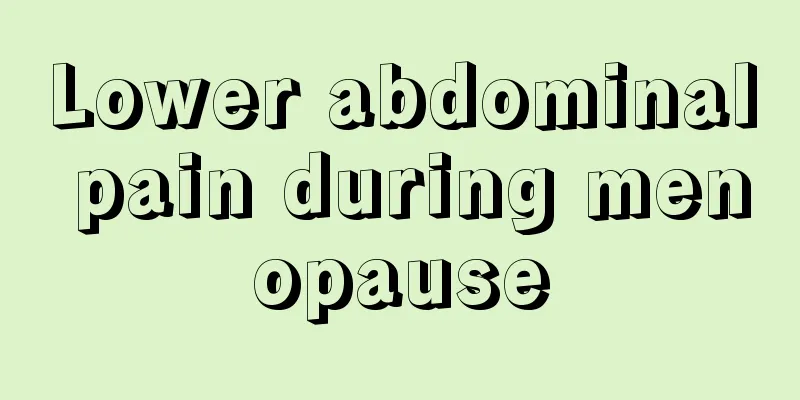
|
Some women will experience dull pain in the lower abdomen during menopause. We should pay great attention to this situation. It is caused by various reasons, including inflammation and gynecological tumors, such as uterine fibroids. The incidence of uterine fibroids is relatively high, especially in middle-aged and elderly women. Let's take a look below. Why do women experience dull pain in the lower abdomen during menopause? There are two possible reasons for the dull pain in the lower abdomen during menopause: 1. It may be caused by inflammation; 2. It may be caused by gynecological tumors. Inflammations include cervicitis, pelvic inflammatory disease, endometritis, adnexitis, etc., which can all cause lower abdominal pain; benign gynecological tumors include uterine and cervical fibroids, ovarian cysts, cervical cysts, etc., and malignant tumors include endometrial cancer, ovarian cancer, cervical cancer, etc., which can also cause lower abdominal pain. You need to see a doctor immediately, do relevant examinations, determine the cause of the disease, and treat it with medication. During menopause, women are more likely to suffer from gynecological diseases due to the decline of ovaries and the decrease of estrogen levels. They should pay attention to the hygiene of their private parts and eat more nutritious and easy-to-digest foods to enhance their body's resistance. What are the symptoms of uterine fibroids in women during menopause? 1. The size of the uterine fibroid. Uterine fibroids in menopausal women are of medium size and do not cause excessive menstrual flow. This type of disease can be treated conservatively and does not require surgical treatment for the time being. Regular examinations are required. After the ovaries have declined and estrogen has continued to decrease, the uterine fibroids will immediately stop growing and develop. After menopause, the uterine fibroids will immediately and gradually shrink. 2. The size of uterine fibroids increases. If the uterine fibroids grow larger than the size of an adult's fist, or if they are still medium-sized uterine fibroids, but if the menstrual flow is heavy and the frequency is too frequent, then professional treatment is required to prevent anemia and other diseases from making the uterine fibroids more serious. 3. Irregular menstruation. If female menopausal patients with uterine fibroids experience irregular menstruation, conservative treatment should not be used, and surgical treatment should be performed promptly and as soon as possible. Diagnostic curettage of the uterine wall should be performed, and laparoscopic surgery is appropriate for those with excessive growth and changes in the uterine wall. |
<<: Examples of pregnancy with menstruation regulating and pregnancy promoting pills
>>: What causes pain during menopause?
Recommend
Can I detect my period if it is delayed for three days?
After a woman becomes pregnant, the symptoms are ...
What is fallopian tube pain?
It is normal for women to experience dull pain in...
Can a normal birth be achieved if group B streptococcus is positive?
In our daily life, there are many types of bacter...
How to put on makeup without powder floating?
Makeup is a very important self-beautification te...
How many days of bleeding after hysteroscopy
Important reminder: After laparoscopic surgery, t...
How to treat solid breast lumps?
Breast health problems have become an indelible n...
Black vaginal discharge during ovulation
Abnormal leucorrhea is caused by vaginal diseases...
Is Nv'erhong a white wine or a yellow wine? How to preserve Nv'erhong
Nv'erhong is a fermented wine made from gluti...
What is the reason for amenorrhea in the 20s?
When a woman is around 20 years old, it can be sa...
What is the reason for women's hair loss?
Not only men face great pressure, modern women al...
Postpartum intercourse is too painful to enter
In the third month and the first month of pregnan...
Can I take Liuwei Dihuang Pills when preparing for pregnancy?
The key effect of Liuweihuang Pills is to repleni...
Why does menstruation only come for one day?
As we all know, a normal menstrual period for wom...
Canalys: Global wearable device market shipments in Q4 2022 were 50 million units, down 18% year-on-year
The latest data from Canalys shows that the weara...

